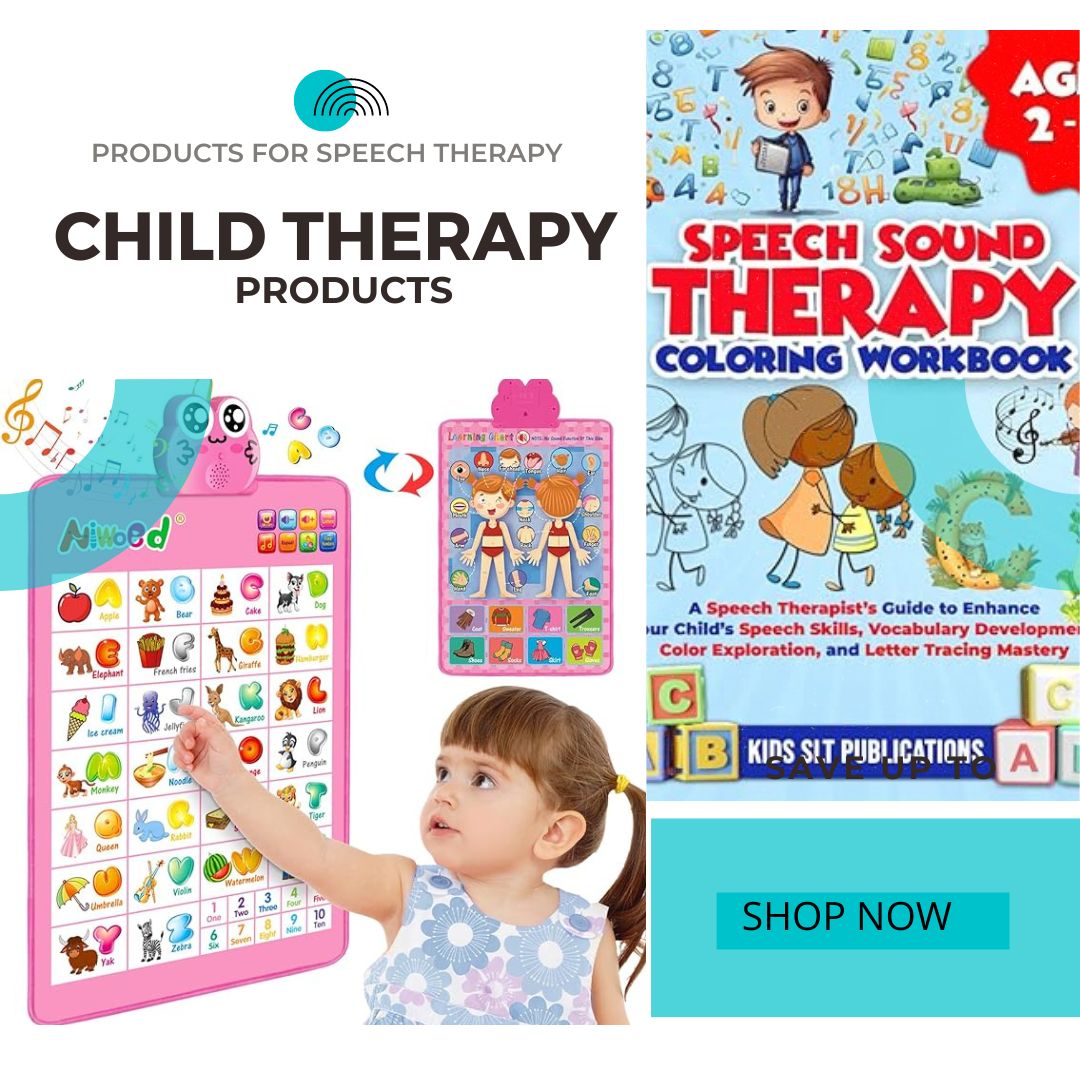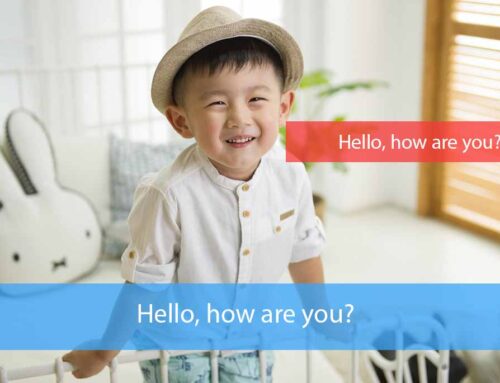Speech therapy, also known as speech-language pathology, is a sort of treatment that tries to enhance communication skills in those who struggle with speech, language, or swallowing. Problems with articulation, fluency, voice, and both the comprehension and expression of language are examples of this condition.
Speech therapy is beneficial for persons of all ages; however, the optimal age for speech therapy may vary from person to person based on the requirements and capabilities of the individual being treated.
Best age for speech therapy – An Analysis
Communication difficulty being addressed
The sort of communication impairment that has to be addressed is one of the primary elements that might have a significant impact on the ideal age to begin speech therapy. For instance, many speech and language impairments are more prevalent in younger children and may respond more favourably to treatment if it is initiated at an earlier age.
Problems with articulation, such as having trouble generating specific sounds, and delays in language development, such as having trouble understanding or utilising words and sentences, can be examples of these types of challenges. Speech therapy may be beneficial to children as young as two or three years old if they are experiencing the issues described above.
Specific age related
On the other hand, some communication impairments, such as stuttering or voice difficulties, may not be detected until later in life. Due to the fact that older children and people have had more time to develop their communication skills and are therefore better able to understand and engage in therapy, it is possible to address these types of challenges more effectively in older children and adults.
Cognitive and physical development
When deciding the optimal age to begin speech therapy, the individual’s level of cognitive and physical development is another issue to take into consideration. Children who are still developing their cognitive and physical skills might not be ready for speech therapy until they are older.
This is because they might not have the skills necessary to fully participate in the therapy and reap the benefits of it. On the other hand, older people who have already established these skills may be more ready and able to benefit from speech therapy since they are more likely to be able to profit from it.
Some specific need – Age doesn’t matter
It is essential to take into account the particular objectives of the patient as well as the possible effects that speech therapy could have on their day-to-day activities. For some people, speech therapy may be more effective or required at certain ages due to the specific communication demands and goals they wish to achieve.
For instance, a child who is just beginning school may benefit from speech therapy in order to enhance their communication skills and achieve more success in an environment similar to that of a classroom. On the other hand, speech therapy may be beneficial for an adult patient who suffers from a voice condition and wants to enhance either their professional or personal life.
As early as possible
As a rule, the earliest age at which speech therapy can be advantageous is seen to be the optimal age for receiving it. This is due to the fact that early intervention can be helpful for a variety of communication difficulties.
The precise time of therapy, on the other hand, will be determined not only by the individual’s requirements and capabilities, but also by the objectives of the therapy. It is essential to have close collaboration with a certified speech-language pathologist in order to determine the appropriate starting age for speech treatment for each particular situation.
Final Words
In general, speech therapy has the potential to be an effective method for people of any age to improve their communication abilities. It is important to seek the advice of a qualified speech-language pathologist in order to determine the best course of action and to find the right therapy programme for your needs, regardless of whether you are a parent looking for therapy for a young child or an adult looking for help with a communication disorder. This is true whether you are looking for help because of a communication disorder in yourself or a young child in your care.




